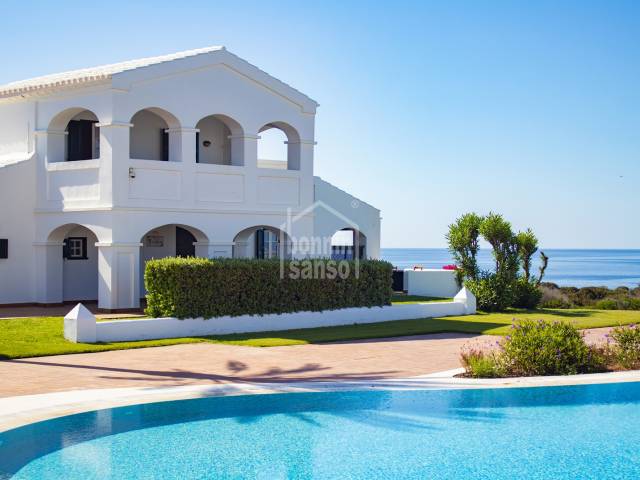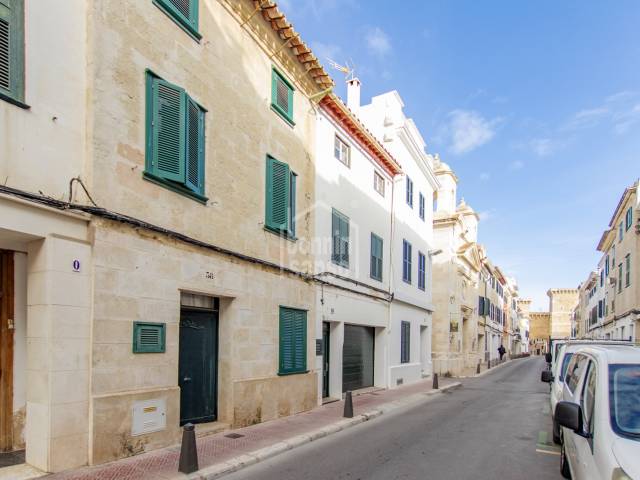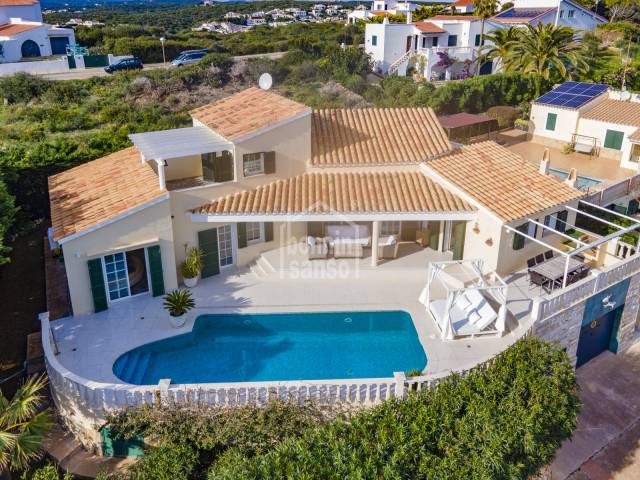Ref. 91999
Immobilien nicht im Web verfügbar
Einige Vorschläge:
Diese außergewöhnliche Villa im mediterranen Stil befindet sich in der prestigeträchtigen, geschlossenen Gemeinschaft Ses Tanques, einem malerischen weißen Dorf am Meer. Die Umgebung besticht durch den...











Mahon is full of hidden delights, and this is most definitely one of them! Stylish property built over three floors, traditional, well conserved, a perfect fusion of old and new. There is just so much...






Villa mit privilegiertem Blick auf den Eingang des Hafens von Mahón. Erleben Sie einen einzigartigen Lebensstil, der Privatsphäre, Komfort und großzügige Räume miteinander verbindet, alles sorgfältig...











- Residence bis Kaufen in Menorca
- Villa bis Kaufen in Menorca
- Haus bis Kaufen in Menorca
- Residence bis Kaufen in Sol Del Este, Menorca
- Residence bis Kaufen in Es Castell, Menorca
- Villa bis Kaufen in Sol Del Este, Menorca
- Villa bis Kaufen in Es Castell, Menorca
- Haus bis Kaufen in Sol Del Este, Menorca
- Haus bis Kaufen in Es Castell, Menorca




